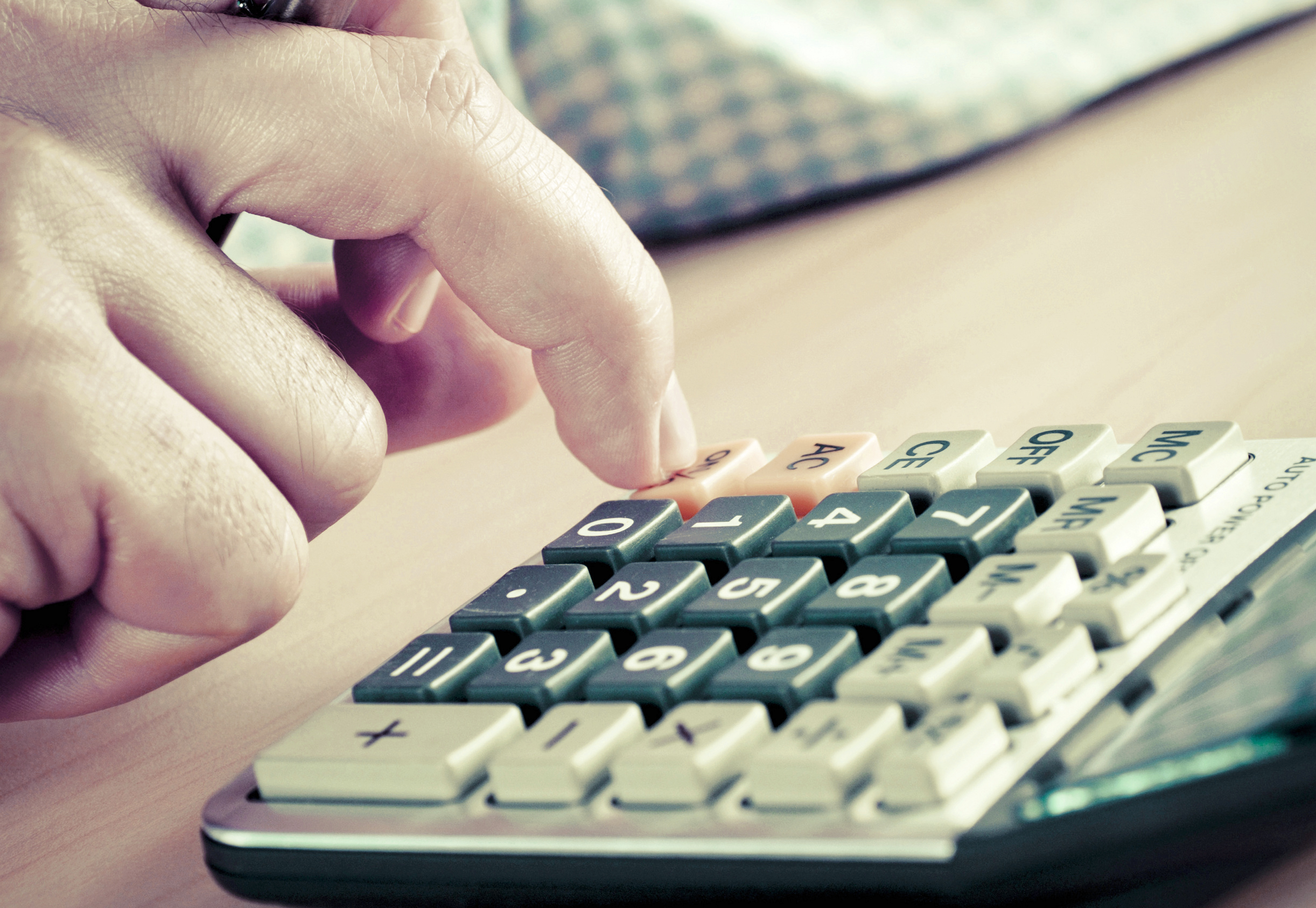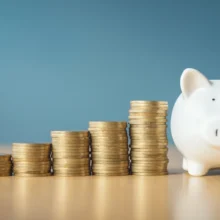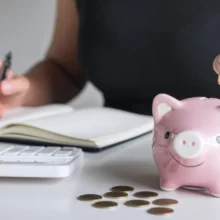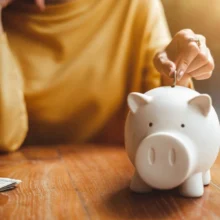12 SMART HABITS TO BUILD HEALTHY PERSONAL FINANCES
Last Updated on 06/07/2025 by Admin
CREATE A MONTHLY BUDGET AND STICK TO IT
Managing your money begins with knowing where it’s going. One of the smartest habits you can adopt is creating a monthly budget. This means listing out all your income sources and every single expense—from rent and groceries to those daily coffee runs. When I first started budgeting, I was shocked by how much I was spending on streaming services I barely used. By trimming unnecessary costs, I freed up money to save and invest.
A solid budget not only shows you what you can afford but also empowers you to plan for the future. Knowing your limits helps you avoid impulse purchases and financial stress.
SAVE CONSISTENTLY, EVEN IF IT’S A SMALL AMOUNT
Saving money shouldn’t be an afterthought—it should be part of your routine. It’s not about how much you save, but how consistently you do it. I started by saving just 10 dollars a week in a separate account. Over time, that habit grew into a small emergency fund that truly saved me when my car suddenly needed repairs.
Try to treat saving like a bill you owe yourself. Automatic transfers can make this easier and help you build financial stability without thinking about it.
PAY OFF HIGH-INTEREST DEBT FIRST
Debt can be overwhelming, especially when interest piles up. If you’re carrying credit card debt or personal loans, start by paying off the ones with the highest interest rates. When I finally tackled my most expensive credit card, I noticed my stress level drop—and my bank balance rise.
Clearing these debts first reduces what you owe faster and frees up cash for saving or investing. It’s like giving yourself a raise without changing jobs.
KNOW YOUR BORROWING LIMITS
Before you take on any new loan or use credit, think carefully. How much can you really afford to repay? Overextending yourself can lead to late fees, missed payments, and long-term financial damage. I once financed a laptop I didn’t truly need—and regretted it for months. That experience taught me the value of borrowing only what I can confidently repay.
USE CREDIT CARDS WISELY
Credit cards aren’t evil—they’re tools. But like any tool, they need to be used properly. Don’t swipe for things you don’t need just because the payment is delayed. Instead, use credit cards for necessary purchases and try to pay off the balance in full every month. That way, you avoid interest charges and build a strong credit history.
Avoid being tempted by “no-interest” promotions unless you’re sure you can pay them off on time. Otherwise, the interest that kicks in later can be brutal.
BE A “TOTALER” WHEN POSSIBLE
If you can afford it, be a totaler—someone who pays their entire credit card balance every month. It’s the easiest way to avoid interest and keep your credit score healthy. Back when I wasn’t doing this, I’d lose hundreds each year to interest. Once I switched to paying in full, my finances improved quickly.
If paying in full isn’t possible, always pay more than the minimum. That way, you reduce your balance faster and save on interest.
DON’T CONFUSE CREDIT WITH EXTRA INCOME
It’s easy to think of credit as “bonus money,” but that mindset is dangerous. Credit is a loan—not a gift. When I started seeing it that way, my entire approach changed. I stopped treating credit as an extension of my income and began planning purchases more carefully.
A good rule of thumb: If you wouldn’t pay cash for it, you probably shouldn’t buy it on credit.
AVOID IMPULSE BUYING
We’ve all made purchases we regret. One of the most powerful financial habits is learning to pause before buying. Ask yourself, Do I really need this, or just want it right now? I’ve found that making a 24-hour rule helps. If I still want something after a day, and it fits in my budget, I buy it guilt-free.
That pause creates space to think—and helps prevent wasteful spending.
COMPARE BEFORE YOU BUY
Never settle for the first option you see. Taking time to compare prices and quality can lead to surprising savings. I once saved over $100 just by checking three websites before buying a new phone. That’s money I used for something far more meaningful later on.
Even small purchases add up. A little research can go a long way.
START THINKING ABOUT RETIREMENT EARLY
It may feel far off, but retirement planning should begin today. When I started contributing to a retirement account—even in tiny amounts—it gave me a sense of direction and long-term security. If your job offers a retirement plan, take advantage of it. If not, look into creating one yourself.
Your future self will thank you.
PROTECT YOUR HEALTH WITH INSURANCE
Nothing drains savings faster than unexpected medical bills. Having a good health insurance plan offers peace of mind and protects your finances. A close friend of mine once skipped insurance to “save money,” only to be hit with thousands in emergency costs. Now, she never goes without it.
Insurance isn’t just an expense—it’s a safeguard.
INVEST SMARTLY AND SAFELY
Once you have a cushion of savings, make your money work for you. Investing helps grow your wealth over time, but it’s important to understand what you’re investing in. Start simple. I began with low-risk government securities and gradually diversified as I learned more.
Don’t chase risky returns. Focus on stability and steady growth. Over time, compound interest becomes your best ally.







